Human papillomavirus (HPV) infection is a viral infectious condition. Everyone gets HPV infections at some point in their life. It involves more than 100 types of viruses that are widely transmitted through sexual contact. Likewise, it is categorized into 2 types as Low-risk HPV and High-risk HPV.
The low-risk infection develops warts (Skin growths that develop due to HVP strains) in different parts of the body whereas the high-risk infection tends to cell changes and leads to cancer. Most strains of HPV are harmless and they do not cause cancer.
Researchers found that about 40% of the HPV strains affect the mouth and throat which is called Oropharyngeal Human Papillomavirus a subtype of Human Papillomavirus. It causes oral lesions, warts in the tongue, and high-risk HPV infections that lead to oral cancer. Keep reading to know the impact of HPV infection on the mouth. One of the Dangerous oral HPV is HVP-16.
How do you get HPV virus?
Apart from sexual transmissions, HPV infections enter the body through our mouths. Similarly, it takes advantage of the wounds or cuts in our skin to access the body. Generally, men are highly susceptible to oral HPV infections when compared to women. Various factors also raise the chance of HPV infections. The significant risk factors to mention are:
- Open mouth kissing
- Smoking
- Alcohol consumption
- Age
What Does HPV Look Like in the Mouth?
HPV in the mouth can appear as small, raised bumps or warts that are typically white or flesh-colored. They might look like tiny cauliflower-shaped clusters and can develop on the tongue, the inside of the cheeks, the roof of the mouth, or even the throat. HPV lesions may be rough to the touch and vary in size, sometimes going unnoticed due to their small size or because they are painless. In some cases, they can appear as red or whitish patches, depending on the strain and location.
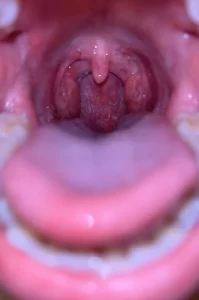
What are the oral HPV symptoms?
Oral HPV is asymptomatic (i.e.) it does not show any signs in most cases. When HPV strains infect the mouth, they cause warts in the tongue and throat. They look like white cauliflower-shaped injuries. However, it is less common.
If the infection lasts longer and causes cell damage in the oral cavity, cancer cells will develop in the throat, tongue, pharynx walls, and tonsils. Such cancerous cell development from oral HPV exhibits difficulties like:
- Constant soreness in the throat
- Enlarged lymph nodes
- Coughing up blood
- Hoarseness
- Difficulty in swallowing
How do dentists diagnose oral HPV infections?
Currently, there are no FDA-approved diagnosis tests to detect HPV infections in the oral cavity. However, dental doctors found if the lesions are developed due to the human papillomavirus through cancer screenings.
While evaluating the unusual oral lesions, dentists perform an oral biopsy to check if the lesions are cancerous. If so, HPV is checked in the victim’s biopsy samples.
How to treat oral HPV?
The oral HPV infections go themselves without any treatment in most cases.
As discussed earlier, HPV-positive patients get warts on their tongues. They are troublesome even if they are harmless. You cannot get rid of such tongue warts with medications because the lesions are hard to reach. Luckily, you can get surgical procedures like Cryotherapy and Electrosurgery to address these warts completely.
In case of high-risk HPV infections, the entire immune system might be hijacked and even leads to oral cancer. It is also treatable with solutions like surgery, radiation therapy, and chemotherapy. An oral surgeon advises the best course of action based on the infection’s stage and cancer’s location.
how to prevent oral HPV?
Getting vaccinated is the best way to avoid HPV infections but it hinders you from new HPV infections occurring. In general, most people are exposed to various HPV strains by age 30. The vaccinations cannot provide a cure to such existing infections.
So you must follow the necessary precautions if you want to prevent the harmful effects of HPV infection on your physical and dental health.
- Use dental dams while having oral sex
- Maintain safe sexual behaviors like using protective, and limiting the number of sexual partners to prevent sexual transmission of HPV.
- Get bi-annual dental checkups.
Takeaway
As the oral HPV infections do not exhibit any signs in most cases, you should be very careful and get semi-annual dental checkups. If you notice any warts or lesions exist in your mouth for months, don’t neglect them. They might be a warning sign of HPV infections. Oral cancer could develop if they are not treated. Want to know more about the impact of HPV infections on your dental health? Our dentists in Surya dental care are ready to help you. Please feel free to get in touch with us.

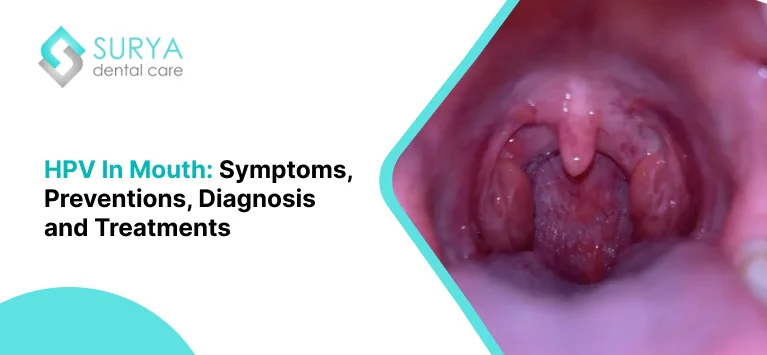



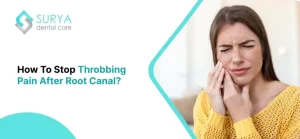
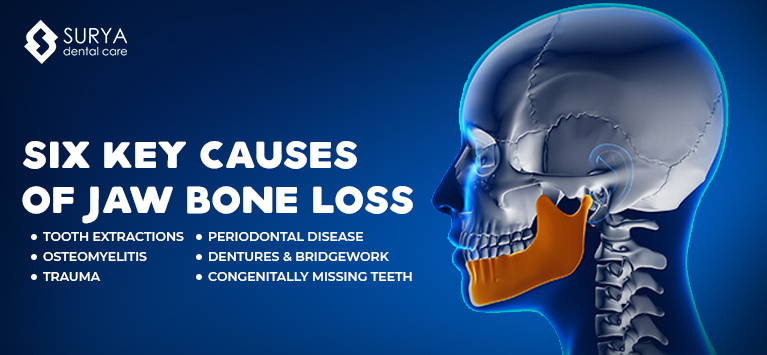
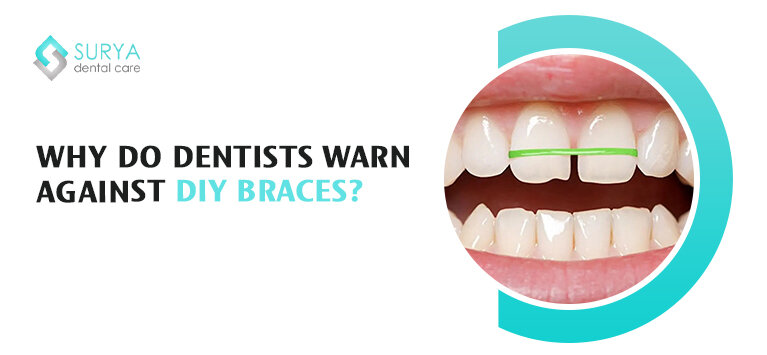

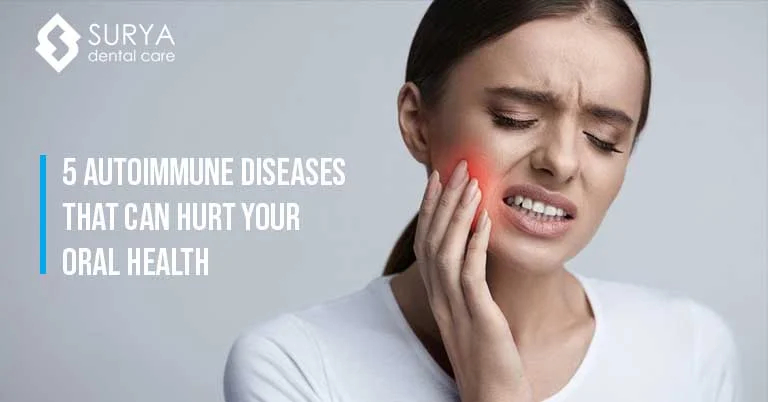
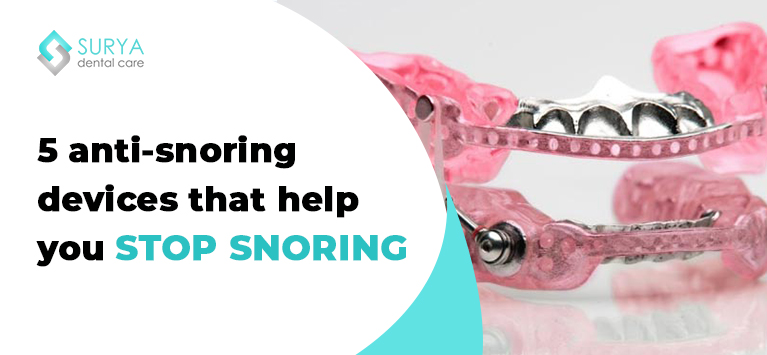
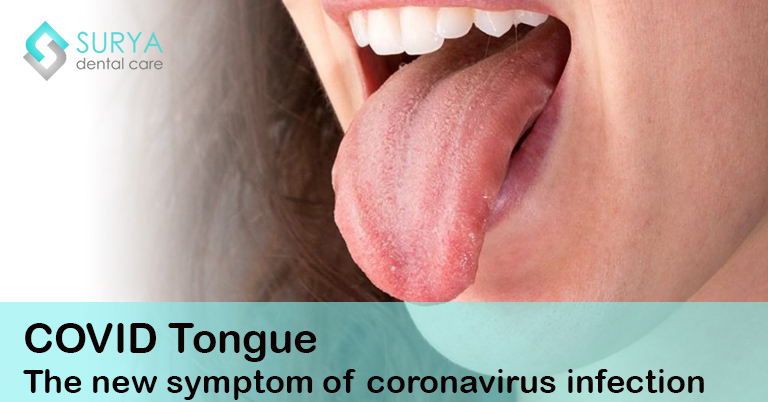
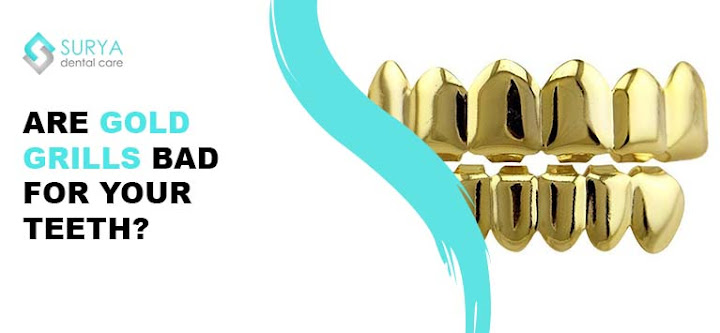
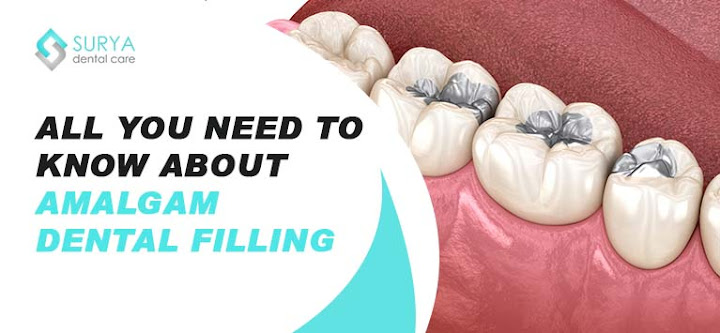
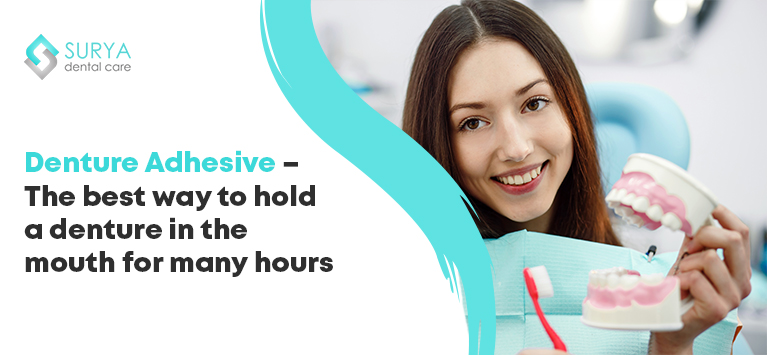
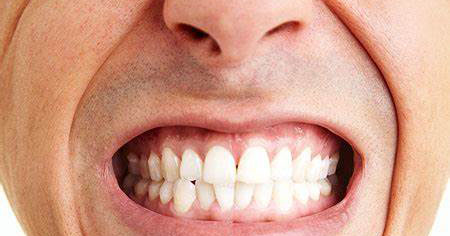

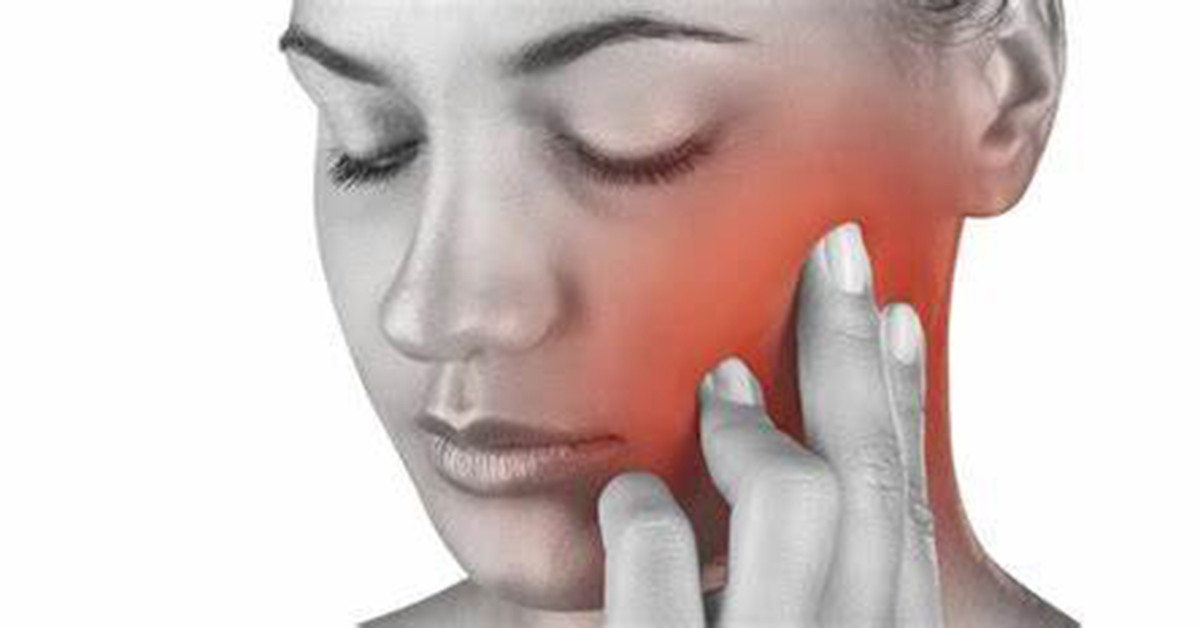


Leave a Comment